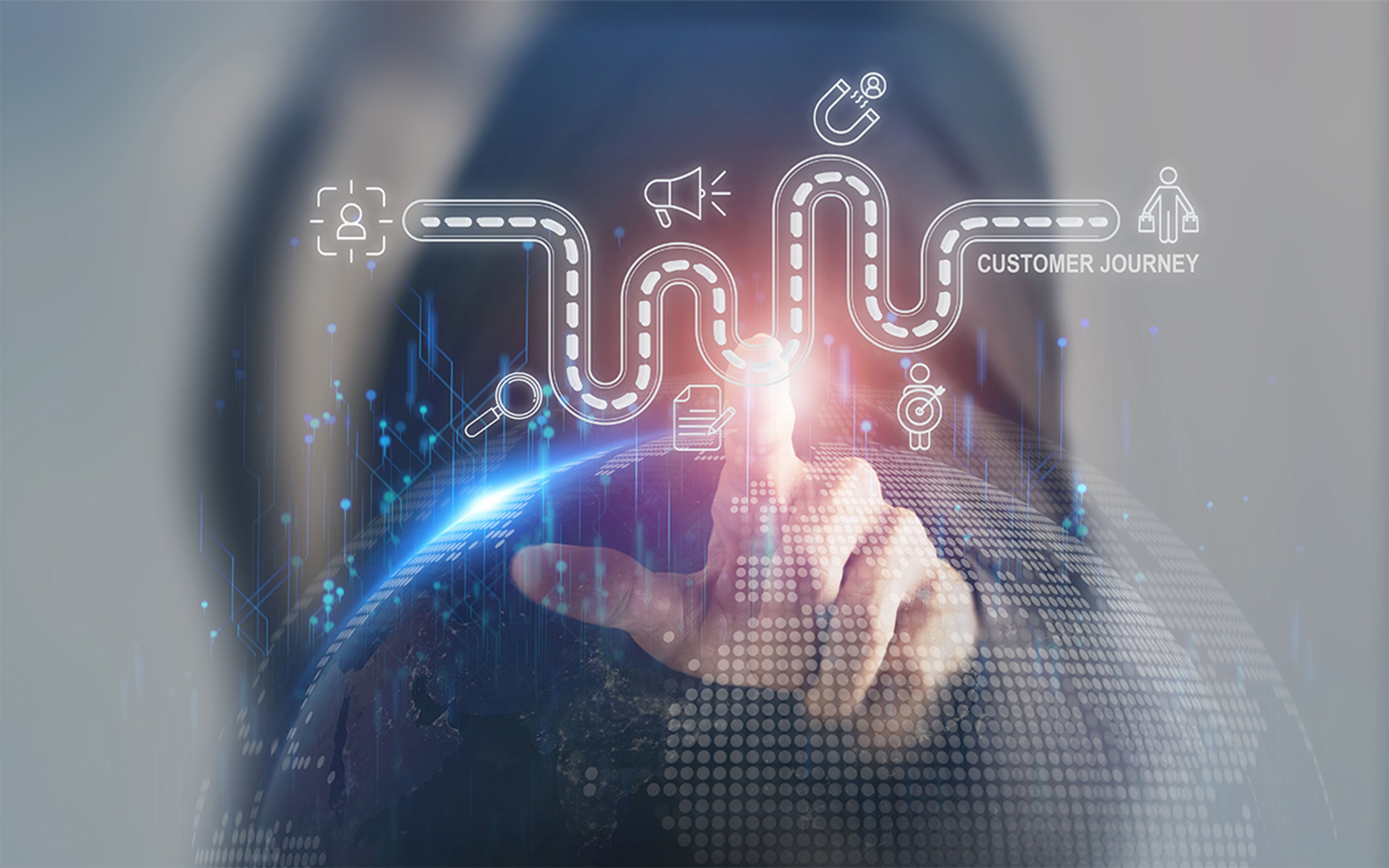In the world of CX—customer experience, which is basically the world for pretty much every organization, these days—‘CJ’ stands for ‘customer journey’, which means the entire run of a consumer’s experience with a given company or brand, from well before said consumer ever interacted with the organization itself, to well after the actual interaction(s).
Companies have long used the customer journey to serve consumers better, assess consumer behavior, and correspondingly adjust business operations and strategy. The basic idea is that if you know what customers want and how they behave, you’ll be able to keep them—and your bottom line—happy. The reality, though, is that, according to Gartner, while 82% of companies maintain customer journey maps, only 47% manage to make effective use of them.
But now, AI (artificial intelligence) can spell the difference between useful and useless customer journey mapping. Let’s look at some areas where it’s making a huge difference.
CONSISTENCY
79% of consumers expect consistency in their interactions with a brand – conflicting messages frustrate them, and needing to repeat information or explain their issue multiple times is a prime cause of dissatisfaction. With digital patience at an all-time low, and consumers ready to drop a brand after a single negative experience, consistency is crucial.
AI can ensure that a company’s communications stay cohesive, updating starting information, ground covered, steps taken, and more, across the board, even as the customer might move among various channels and departments. This enables a seamless experience, so the customer feels understood and cared for, by the brand as a whole.
Employee Experience
It’s been widely-proven that happy employees make happy customers. AI improves the employee experience in countless ways, a notable one of which is by automating repetitive tasks. Studies tell us that workers can spend close to 3 hours a day—30% of a workday—searching for information. What’s even more of a waste of time is that another employee might spend just as many hours searching for the exact same information!
AI can help find information more quickly and easily and provide it automatically, if the work has already been done before. This increases productivity and makes work easier and more enjoyable, with customers reaping the rewards of both employee satisfaction and efficiency, leading to faster, more fulfilling CX resolutions.
Personalization
Whereas simple automation of customer journey mapping can track and archive all of a consumer’s interactions with a company, AI can cover so much more. This can include social media activity relevant to the brand, as well as where, when, how long it takes, and what appears to drive a consumer to click exactly which spot on a company’s webpage.
All this data—collated and analyzed, via AI—helps brands build truly personal relationships with their customers. In the travel industry, for instance, companies can know, in advance, whether the customer prefers luxury or budget bookings, and make recommendations accordingly. On a more general level, understanding which consumers appreciate follow-ups and which consider them a nuisance can make or break the customer experience.
The customer journey remains vital for guiding both CX and business strategy – and now, in these ways and more, AI can make CJ mapping faster, smarter, and more useful than ever.




